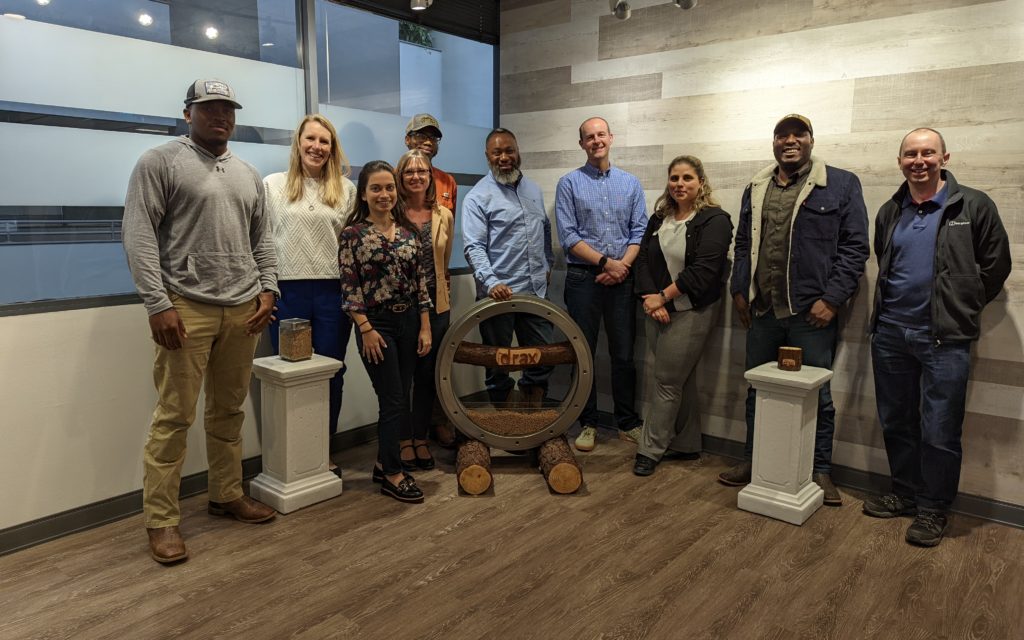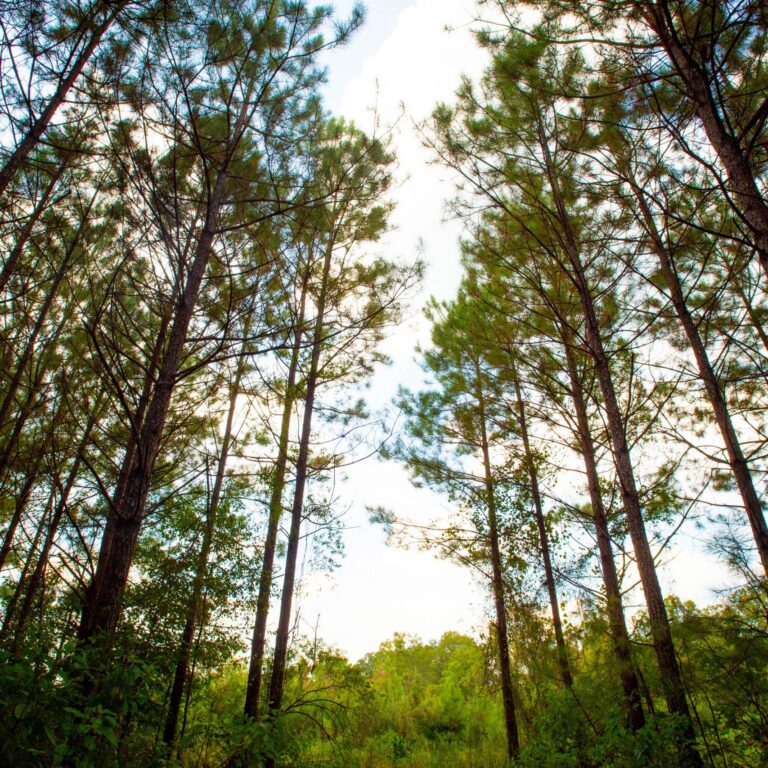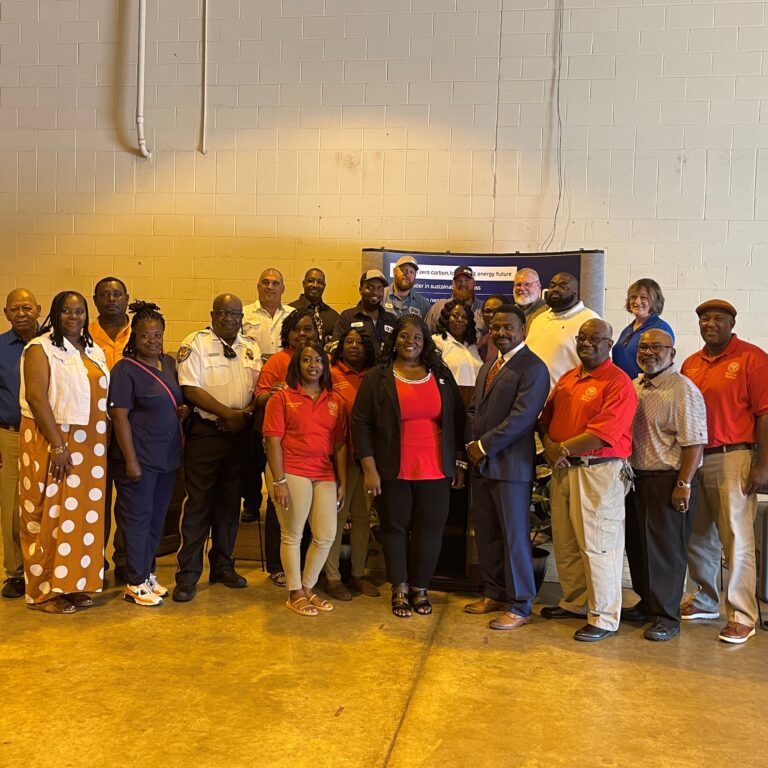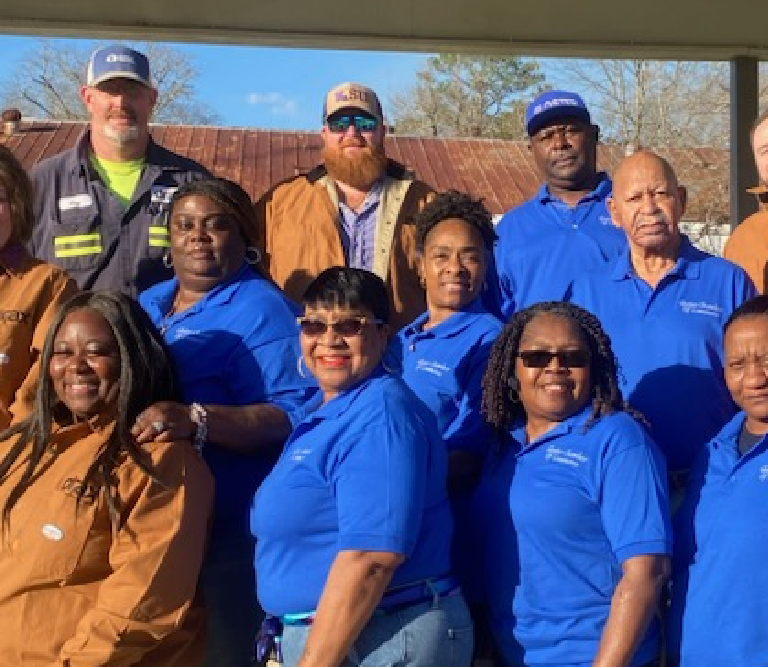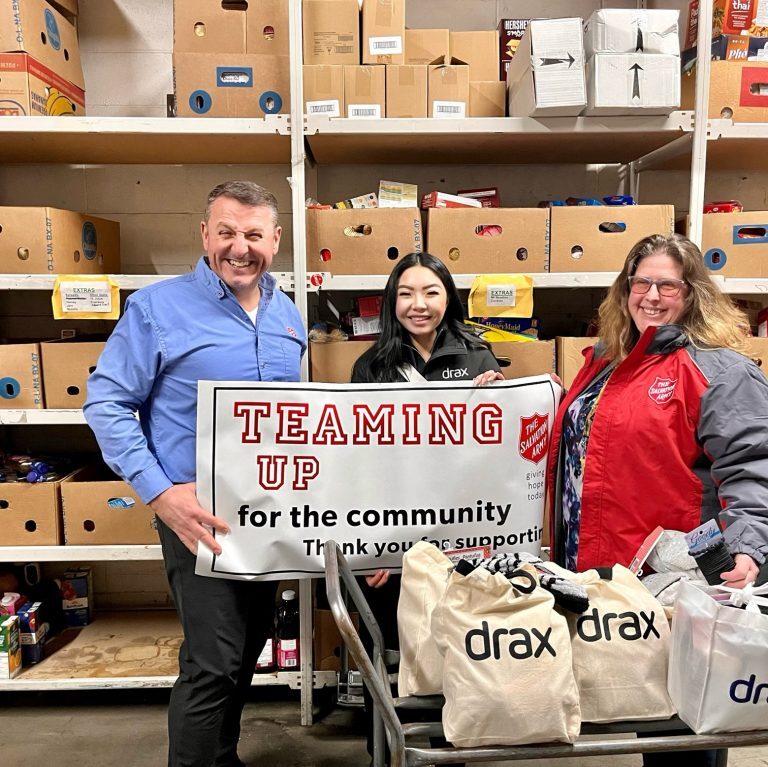Drax, the world’s leading producer and user of sustainable biomass, has announced a new partnership with the Federation of Southern Cooperatives that will help minority and underserved small landowners in the U.S. South with greater access to the biomass market, further encouraging sustainable forestry management.
The Federation of Southern Cooperatives/Land Assistance Fund is a 55-year-old regional cooperative and rural economic development organization that serves a membership of Black farmers, landowners and cooperatives, with co-op development, land retention and advocacy. Through a jointly committed Memorandum of Cooperation with Drax, the two will work together to enhance outreach, education, market access and community engagement in the region’s forestry supply chain.
The partnership includes a commitment to develop a shared understanding of what environmental justice means for small forest owners and the biomass industry. This includes building a program of work that creates greater access to a fiber market that has historically been dominated by larger landowners and previously excluded African American landowners.
“This partnership with Drax will help us further in our goals to tackle historic land rights issues by empowering these smaller forest landowners with training and resources which will enable them to access the forest markets,” said Freddie Davis III, Director of The Federation of Southern Cooperatives Rural Training and Research Center.
“Access to forest markets is critical in a landowners’ ability to manage their forests sustainably. It benefits the broader forest products industry and helps support jobs, opportunities and economic benefits in our communities. It also helps keep forests as forests – benefiting carbon stocks and biodiversity,” said Davis.
Biomass plays a critical role in the sustainable management of forests in the U.S. by providing a reliable source of income that incentivizes smaller landowners to maintain their forest land and encourages them to adopt good forest stewardship principles.
“Drax is committed to supporting the communities where we operate, and this partnership with the Federation of Southern Cooperatives is an important step in helping owners of smaller areas of land to benefit financially from the biomass industry while also stimulating sustainable forestry management across the U.S.,” said Will Gardiner, CEO of Drax.
“This will benefit many small farmers, suppliers and related businesses and help pave the way toward redressing the balance and advancing equity in the forest products industry in the U.S. South,” said Gardiner.
The nature of the vast and abundant forestry resources in the U.S. South has encouraged economies of scale which have disadvantaged many small forest landowners, such as those represented by the Federation of Southern Cooperatives/Land Assistance Fund.
Contact Information:
Alex Schott
VP, North America Communications
318-372-4091
[email protected]
Notes:
- Through the partnership, Drax will support the Federation’s initiatives to provide education, training and internships related to forestry management and related opportunities in the pellet industry.
- It will also work to increase procurement of fiber from small and historically underserved landowners where possible.
- The agreement recognizes that sustainably managed family forests are key to carbon storage and biodiversity, and that it is important to find ways for even the smallest of landowners to access the fiber market, and the positive benefits this could bring.
- The biomass market provides an outlet for low-value wood and waste products from the timber industry such as treetops, limbs, damaged wood and sawmill residues such as sawdust and woodchips.
- It also allows forest owners to sell thinnings – smaller trees removed to maximise the health and growth of the remaining trees in a working forest.
- The income from thinnings can help pay for some of the investments and annual costs landowners lay out in planting, growing and maintaining forests, providing an additional incentive to keep forests as forests and prevent land from being converted to other uses.
- According to U.S. Forestry Service data, annual wood growth has doubled in the forests in the U.S. South since the 1950s, increasing the amount of carbon stored.
Photo caption:
Forest Intern Xavier Sherman, Forester Corey Bacon, Forester Freddie Davis, and Forester Darren Beachem (with the Drax Team).
About Drax
Drax Group’s purpose is to enable a zero carbon, lower cost energy future and in 2019 announced a world-leading ambition to be carbon negative by 2030, using bioenergy with carbon capture and storage (BECCS) technology.
Drax’s around 3,000 employees operate across three principal areas of activity – electricity generation, electricity sales to business customers and compressed wood pellet production and supply to third parties. For more information visit https://www.drax.com/us
Power generation:
Drax owns and operates a portfolio of renewable electricity generation assets in England and Scotland. The assets include the UK’s largest power station, based at Selby, North Yorkshire, which supplies five percent of the country’s electricity needs.
Having converted Drax Power Station to use sustainable biomass instead of coal, it has become the UK’s biggest renewable power generator and the largest decarbonization project in Europe. It is also where Drax is piloting the groundbreaking negative emissions technology BECCS within its CCUS (Carbon Capture Utilization and Storage) Incubation Area.
Its pumped storage, hydro, and energy from waste assets in Scotland include Cruachan Power Station – a flexible pumped storage facility within the hollowed-out mountain Ben Cruachan.
The Group also aims to build on its BECCS innovation at Drax Power Station with a target to deliver four million tons of negative CO2 emissions each year from new-build BECCS outside of the UK by 2030 and is currently developing models for North American and European markets.
Pellet production and supply:
The Group has 19 operational pellet plants and developments with nameplate production capacity of around five million tons a year.
Drax is targeting eight million tons of production capacity by 2030, which will require the development of over three million tons of new biomass pellet production capacity. The pellets are produced using materials sourced from sustainably managed working forests and are supplied to third party customers in Europe and Asia for the generation of renewable power.
Drax’s pellet plants supply biomass used at its own power station in North Yorkshire, England to generate flexible, renewable power for the UK’s homes and businesses, and also to customers in Europe and Asia.
About The Federation of Southern Cooperatives/Land Assistance Fund
The Federation of Southern Cooperatives/Land Assistance Fund is a 56-year-old regional cooperative and rural economic development organization serving a membership of Black farmers, landowners, cooperatives, and other low-income rural people in the South with coop development, land retention, and advocacy.
The Federation was born out of the Civil Rights movement and exists to save Black-owned farms and land.
We strive toward the development of self-supporting communities with programs that increase income and enhance other opportunities; and we strive to assist in land retention and development, especially for African Americans, but essentially for all family farmers.
Our charter is held in Washington, DC, and we assist members in the following states: Alabama, Arkansas, Florida, Georgia, Kentucky, Louisiana, Maryland, Mississippi, Missouri, North Carolina, Oklahoma, South Carolina, Tennessee, Texas, Virginia, and West Virginia.





